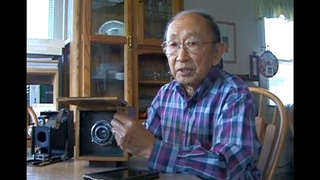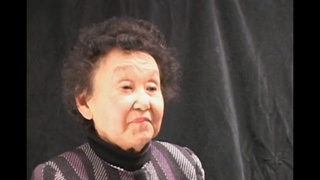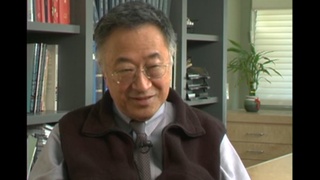Interviews
“A Low Tolerance For Injustice…”
I think it's probably because I was interned, yeah. And, you know, my sister grew up - my father had a nice position and she went to Maryknoll, she had the uniforms. They had a nice house. They had, she had a piano and she had a wonderful life. This poor woman got everything taken away from her and now she's - and I had, I was too young to have anything. So I didn't lose anything, other than, kind of, I guess I learned to be very angry. I'm not an angry person but, I mean, I have a low tolerance for injustice.
Date: July 17, 2013
Location: California, US
Interviewer: Sean Hamamoto
Contributed by: Watase Media Arts Center, Japanese American National Museum; Japanese American Bar Association












